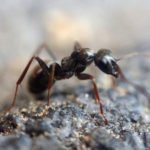Horseflies
The horsefly is the same fly, only bigger and bites much more painfully, until it bleeds. The chances of meeting him increase on a warm Sunny day on the shore of a reservoir or in an open area (for example, on a pasture or farm). Usually he prefers to attack animals, but can choose as a victim and a person. As in the case of mosquitoes, aggression is shown only by females — and then when it is time to lay eggs. However, this does not make it easier for bitten people. The toxic saliva of horseflies causes edema, and in particularly severe cases — severe allergies up to anaphylactic shock.
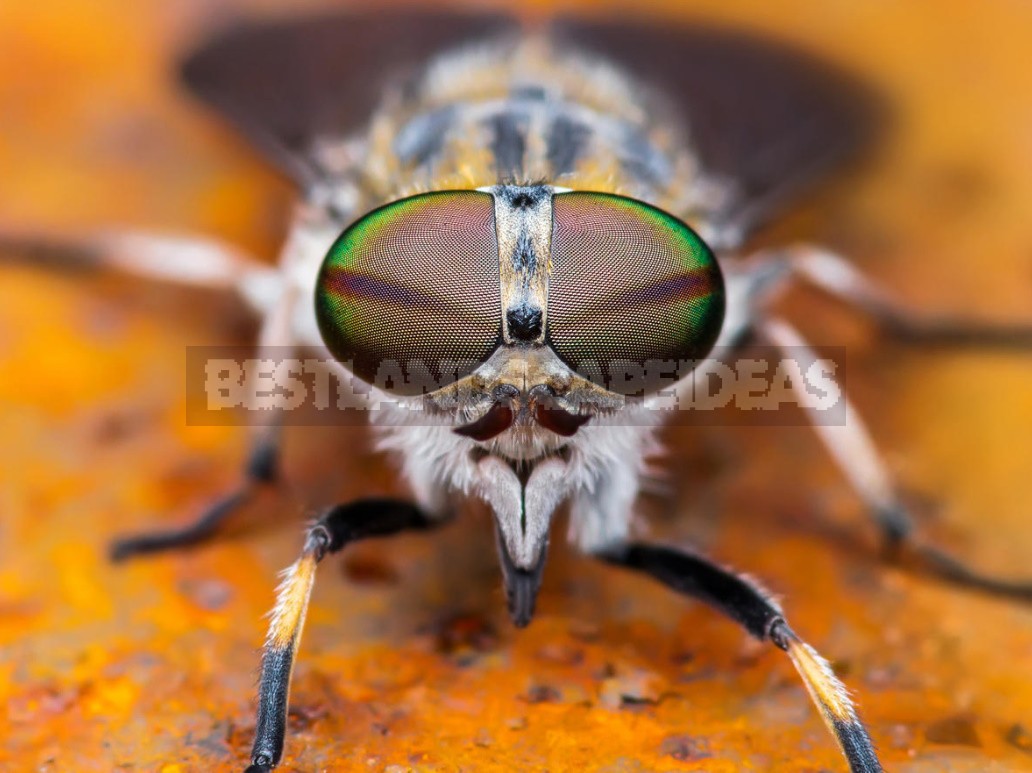
Infections of horseflies are not carried so often, but their “track record” includes tick-borne encephalitis, tularemia, anthrax, listeriosis and other diseases. Therefore, when biting, it is important to immediately wash and disinfect the wound. To remove the swelling, you can apply ice. If there are signs of an allergic reaction, take an antihistamine. But if you feel suddenly worse-immediately to the hospital!
Bees
Bees differ sharply from the above itchy and buzzing creatures at least in that they will not attack a person without a good reason. You just don’t need to wave your hands at a meeting and make the striped workers angry.
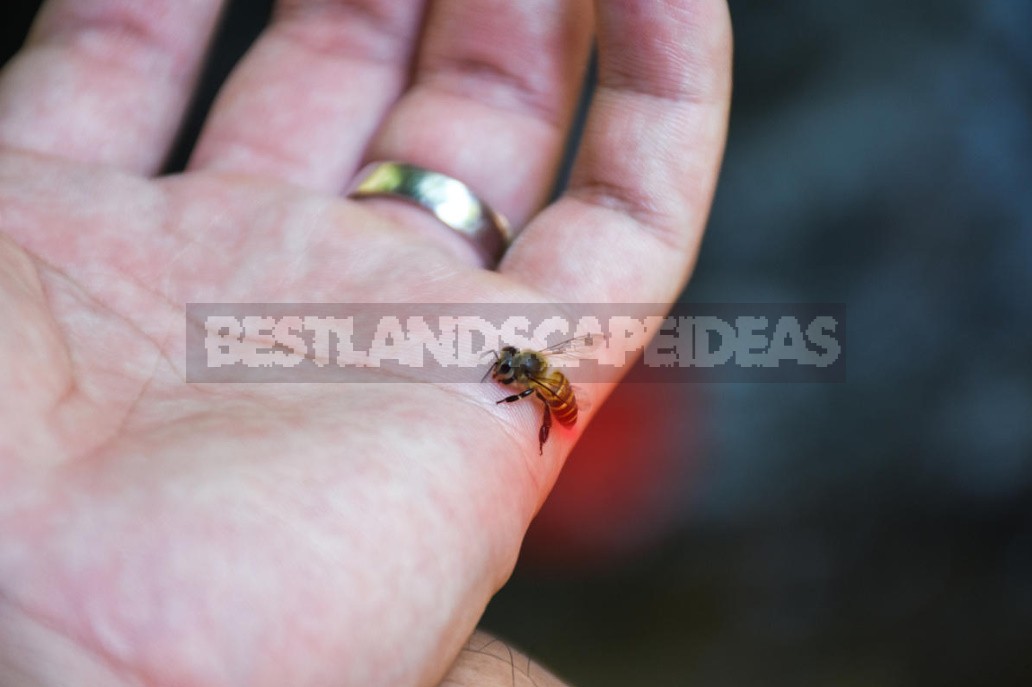
Sometimes their bites can be useful. There is a method of treatment — apitoxin therapy, in which the patient is prescribed “live injections” of bee venom. However, toxic components in its composition can cause an allergic reaction. If the bite occurred on the face, especially in the lip or tongue, it may end in Quincke’s edema.
The bee bites only once in a lifetime: the notches on the tip of its sting get stuck in the victim’s skin, so that the insect has to literally pull it out in an attempt to free itself. Do not try to kill the bee that stings you: first, it will die soon enough, and second, you risk incurring the wrath of its relatives, who are probably circling somewhere nearby. And multiple bites are already much more serious.
Bumblebees
These hairy Hymenoptera from the family Apidae are generally not aggressive, but if they have to defend themselves or their nest, they can sting. And more than once, because a bumblebee’s sting doesn’t have the same notches as a bee’s. But there is poison. This is why the risk to health increases with each new bite.
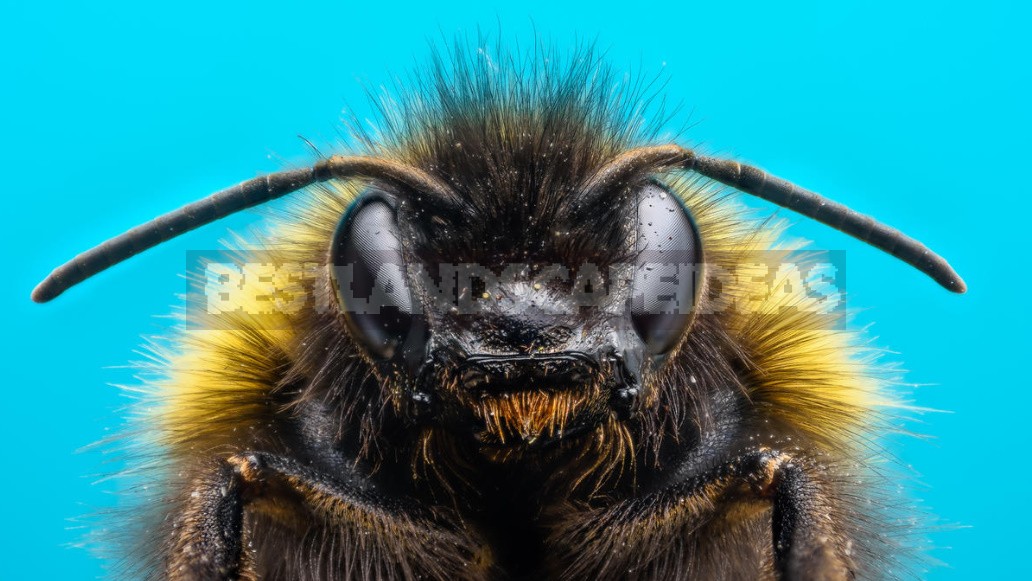
For most of us, the consequence of a bumblebee storm will only be a local reaction, but in some cases it threatens to turn into an allergic reaction. Its symptoms can be very different from itching and swelling to dizziness and digestive disorders.
Wasp
Predatory wasps will clean up everything from the plate, and they will help to “harvest” the crop. And if something-sting so that it will not seem enough.
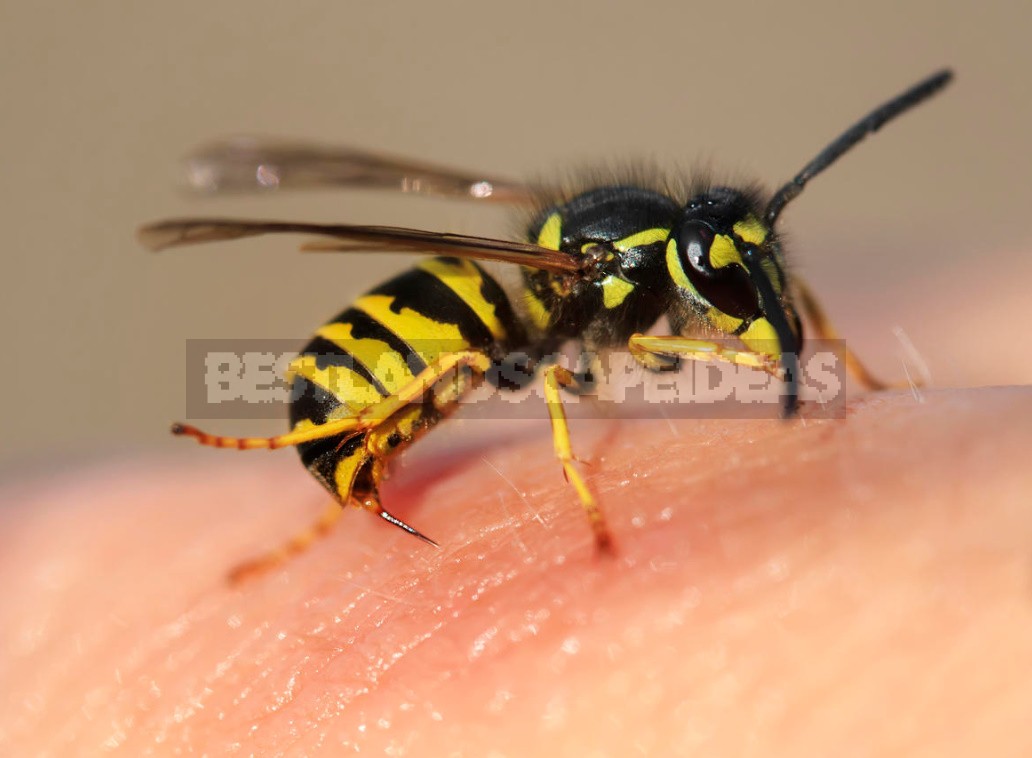
At first you will feel a sharp pain and burning, then the place of the bite will turn red, swell and begin to itch. If there is no Allergy, the swelling will subside in a couple of hours. If it is only growing, you need to urgently seek medical help.
Just like the bumblebee, the wasp does not part with its sting after the “battle”. Therefore, it is logical to expect new attacks from her.
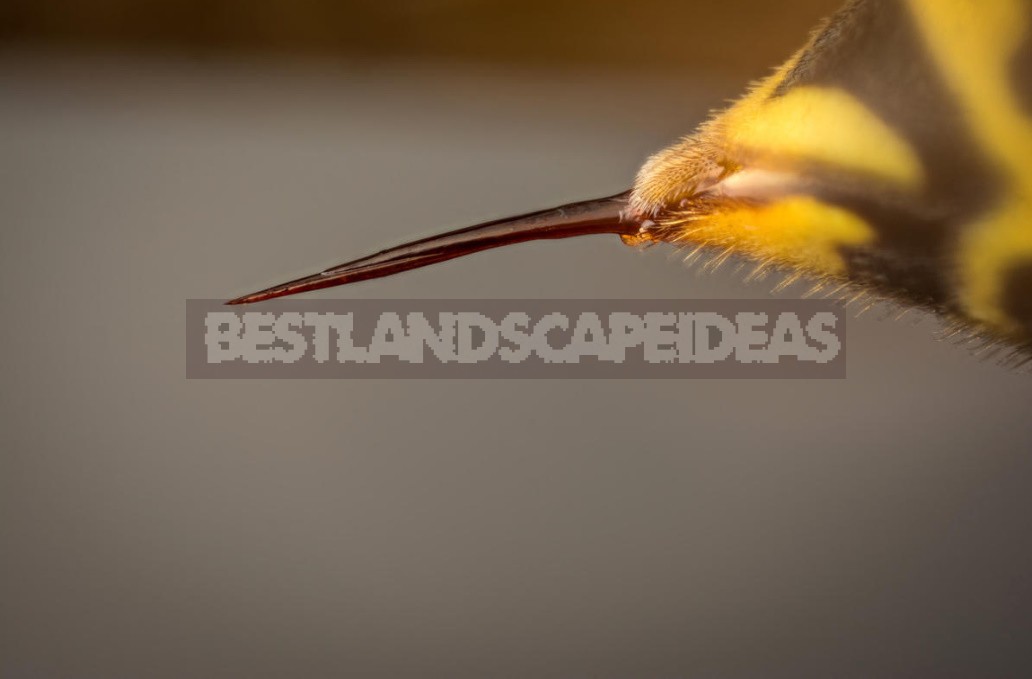
Hornets
Hornet — the most “terrible” representative of the so-called social wasps.
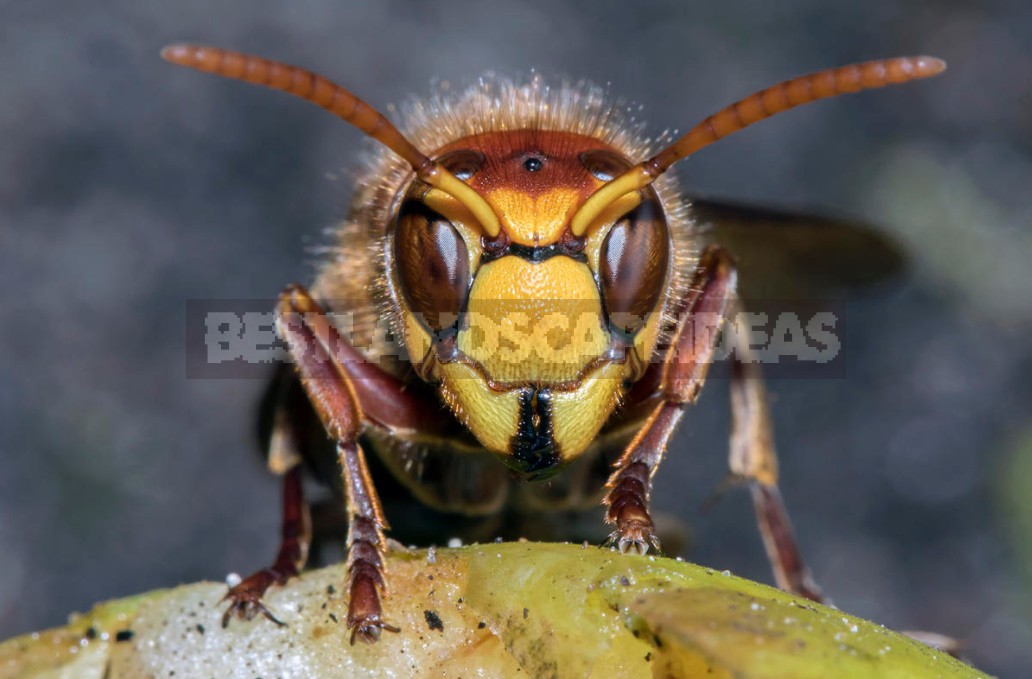
Some species are terrifying in their size. So, the wingspan of the Japanese giant hornet reaches 6 cm. Translated from the language Of the land of the rising sun, its name sounds like “Sparrow-bee”. These thugs kill up to 40 people a year. Fortunately, we do not live in Japan, but our local hornets are also quite harsh. They bite more painfully than wasps, and their venom, although not as toxic as bee venom, contains acetylcholine, histamine, and other substances that can actually be fatal if they enter the bloodstream.
Another notable property of the hornet is the ability to release special pheromones in case of danger, which immediately mobilizes a swarm of companions. Therefore, it is not necessary to awaken the beast in it.
In fact, both hornets and the rest of our insect neighbors are amazing and multi-faceted. They can not but admire the variety of shapes and colors, the perfection of the structure and complexity of behavioral responses. All of them are useful: they “work” as pollinators, improve soil fertility, restrain the expansion of pests, produce honey, and finally. And yet it is better not to cross them once again — as they say, the further away, the more native.













